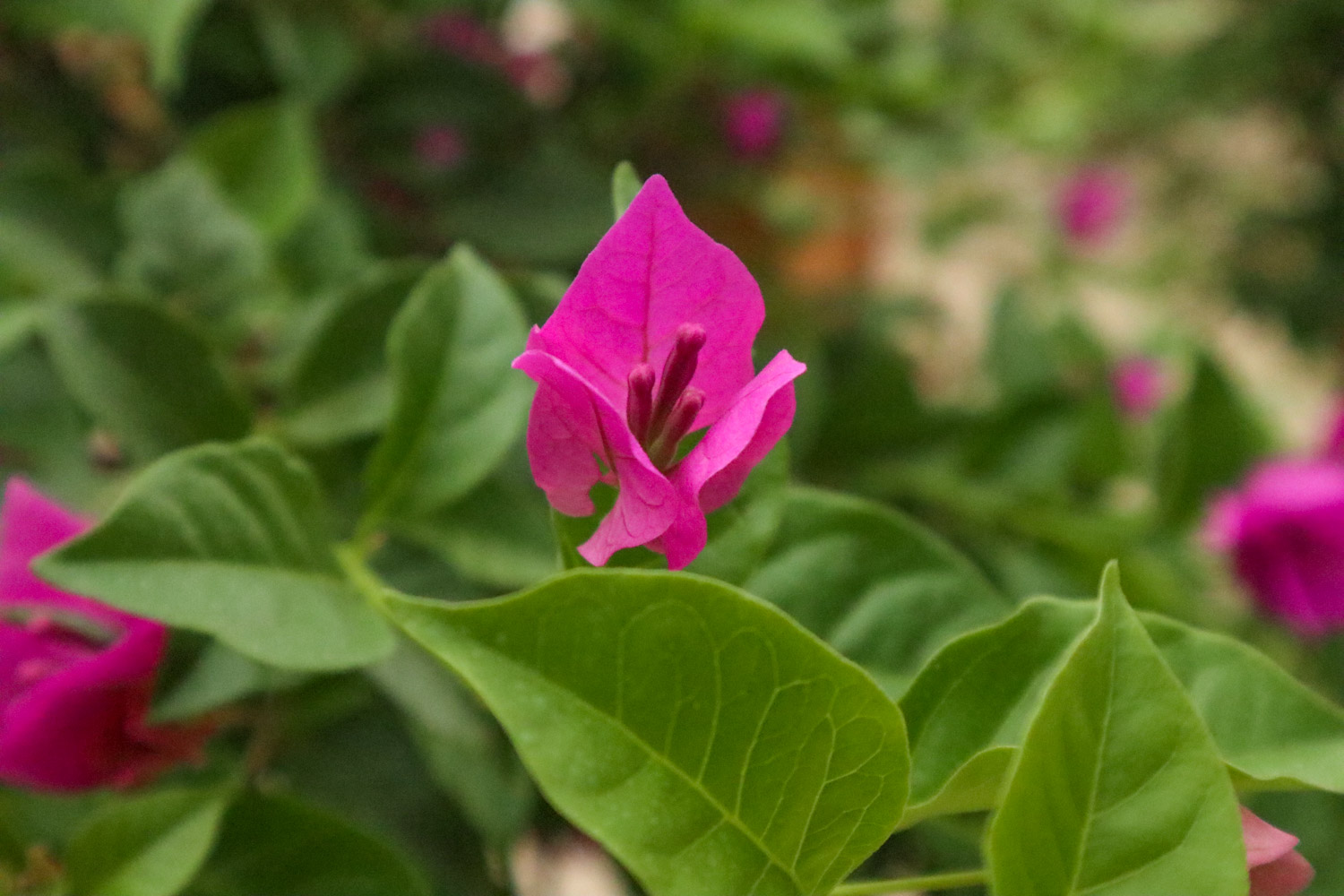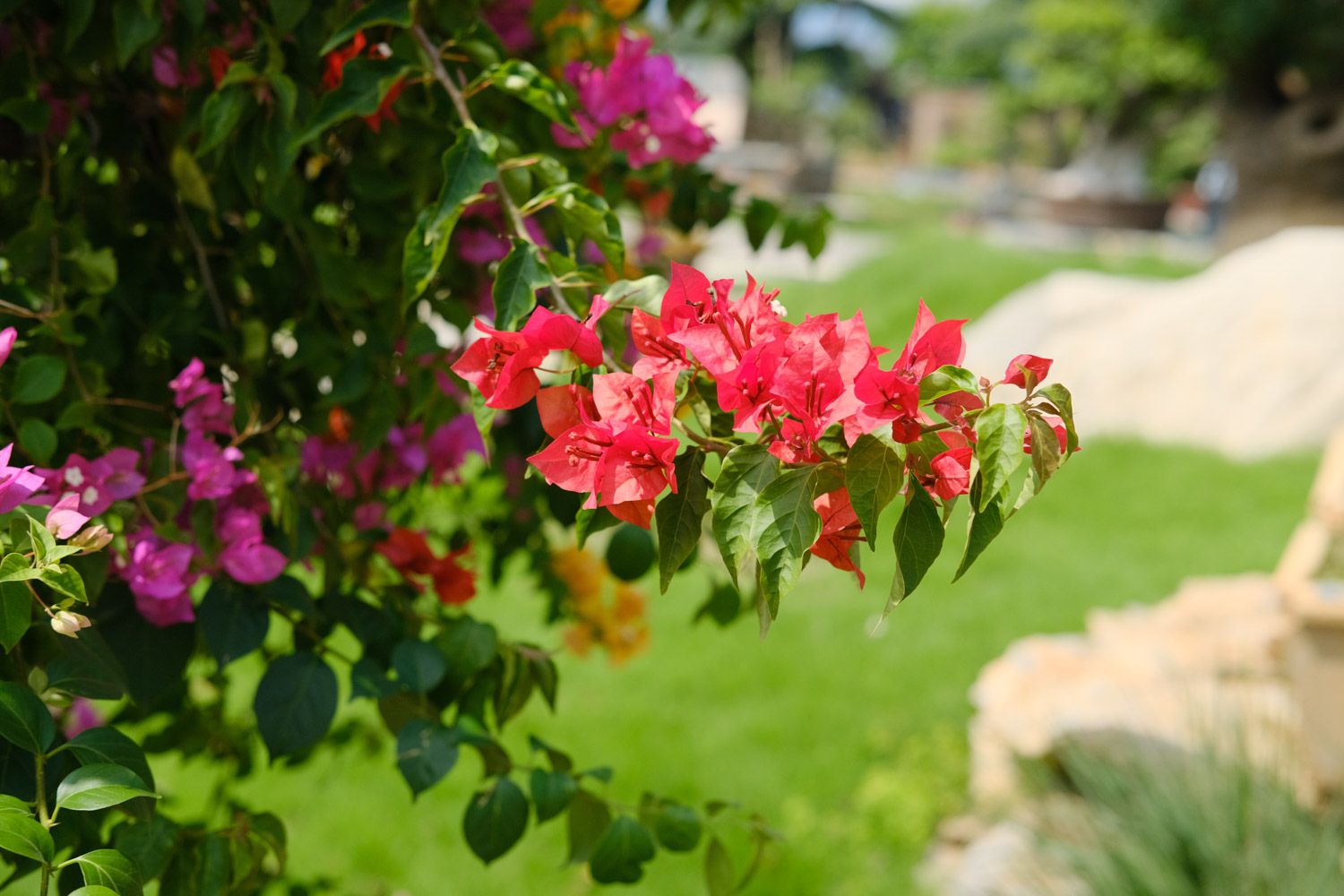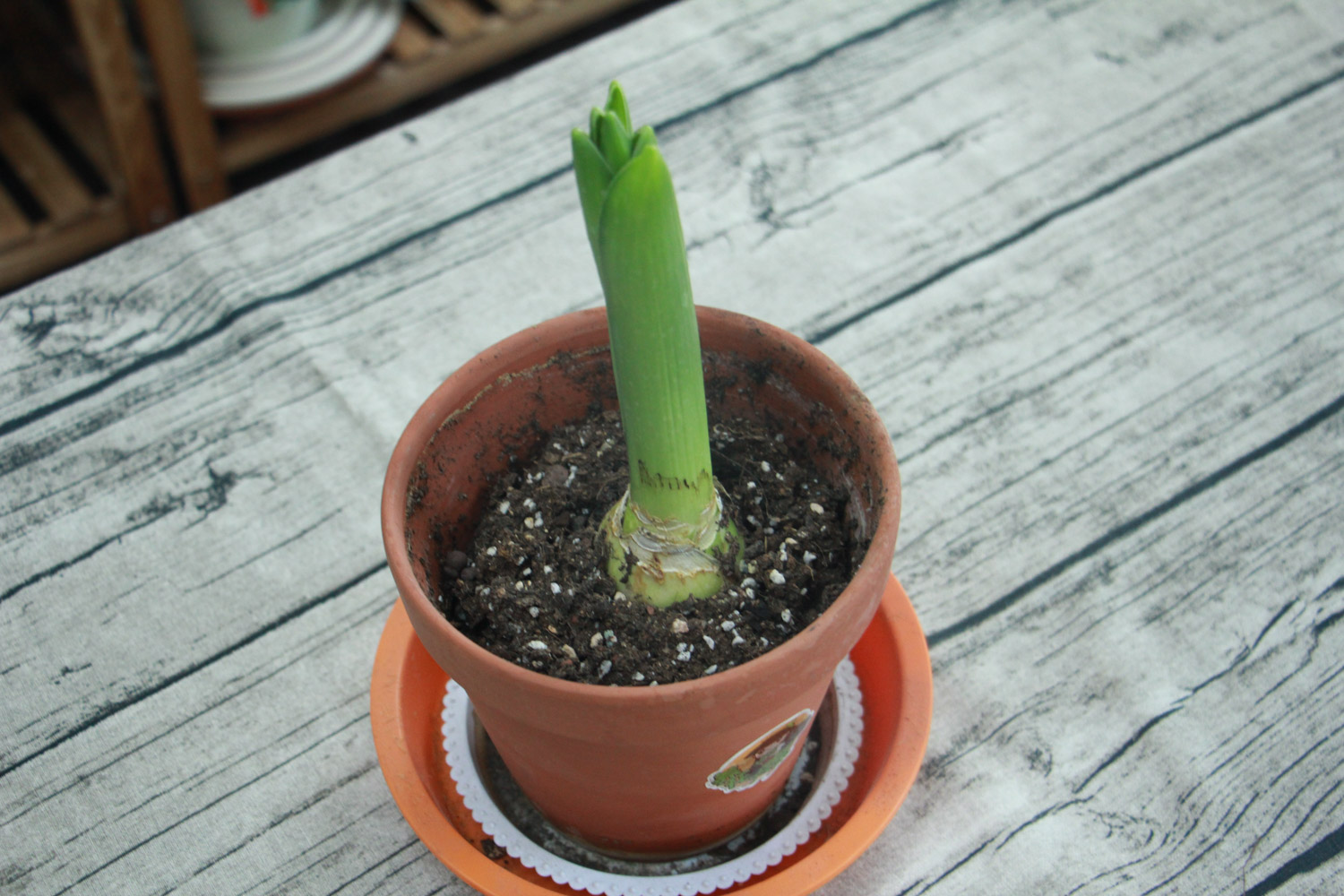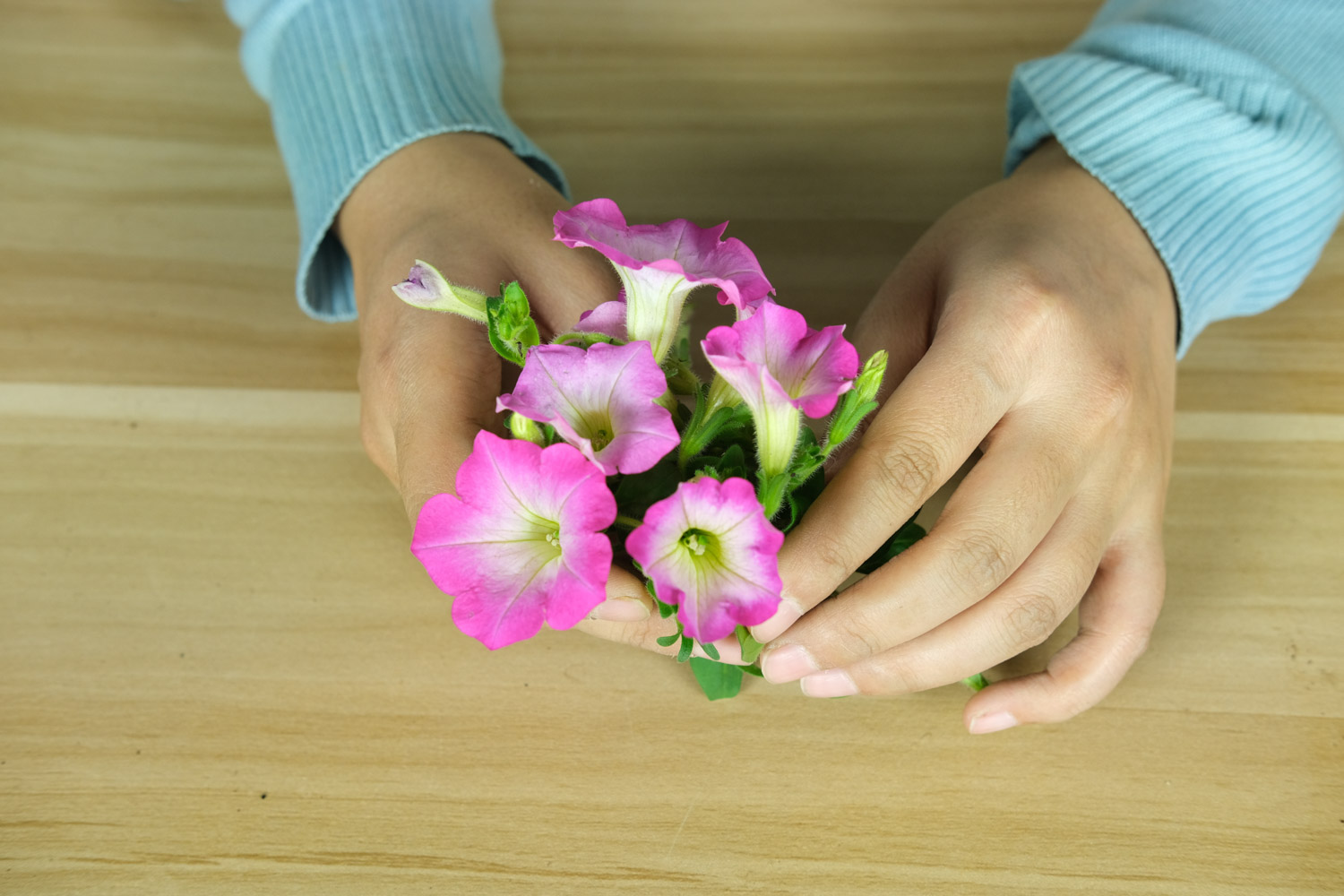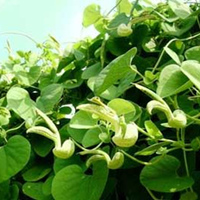Aristolochiaceae
Aristolochiaceae, Aristolochia
Aristolochia tubulosa alias
a little blood, Duyiwei, red and white medicine
Geographical distribution of Aristolochia tubulosa
originated in Henan, Hubei, Hunan, Sichuan and other places, and is now widely distributed in southern China
Morphological characteristics of Aristolochia tubulosa
Aristolochia tubulosa is a herbaceous vine; The root is slender cylindrical, yellowish brown; Stems glabrous, grooved after drying; The tender branches and petioles of Aristolochia tubulosa will exude reddish juice after being broken. The leaves are paper or membranous, oval heart-shaped, slightly blunt at the top of the leaves, shallow heart-shaped at the base, sagging lobes on both sides, full edge of the leaves, dark green on the upper surface, light green or pink green on the lower surface, and small spots are often densely distributed on the leaf surface; The capsule is brown and oblong, and the fruit stalk will crack into 6 with the fruit; The seeds are egg shaped, with raised spots on the back and concave seed ridges on the ventral surface. The flowering period is from April to August and the fruiting period is from October to December
Growth habit of Aristolochia tubulosa
Aristolochia tubulosa mostly grows in the shade and humidity under the forest. The flower of Aristolochia Aristolochia can emit rotten meat smell to attract insects. After entering the flower tube, it will be difficult to drill out due to the obstruction of the hair on the inner side of the flower. After the pollen matures, it will be scattered on the back of the insects. At this time, the hair will shrink and the insects will fly out for pollination
Medicinal value of Aristolochia tubulosa
roots and fruits are used as medicine, which has the effects of clearing lung heat, relieving cough and relieving asthma. The root can be used for clearing away heat and toxin, relieving pain, stomach pain and snake bite. The whole plant can be used for traumatic injury
